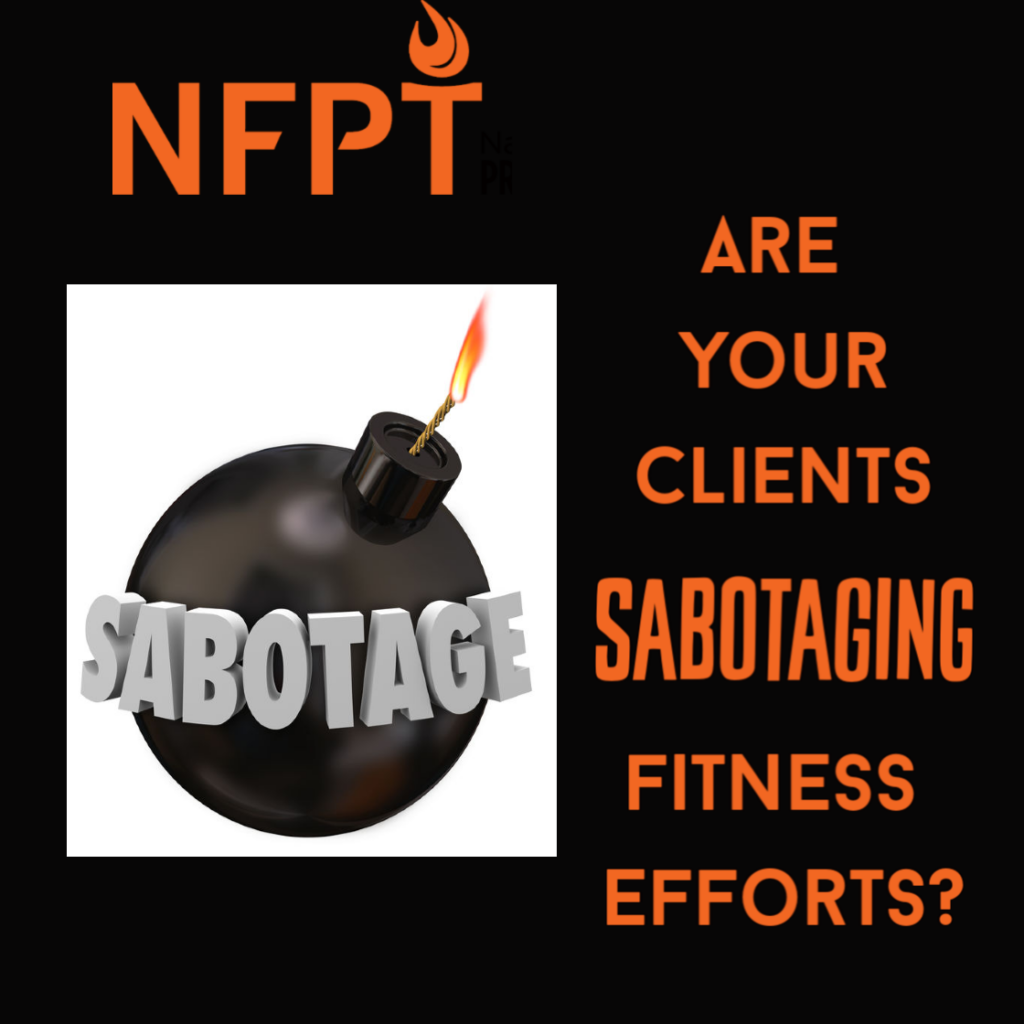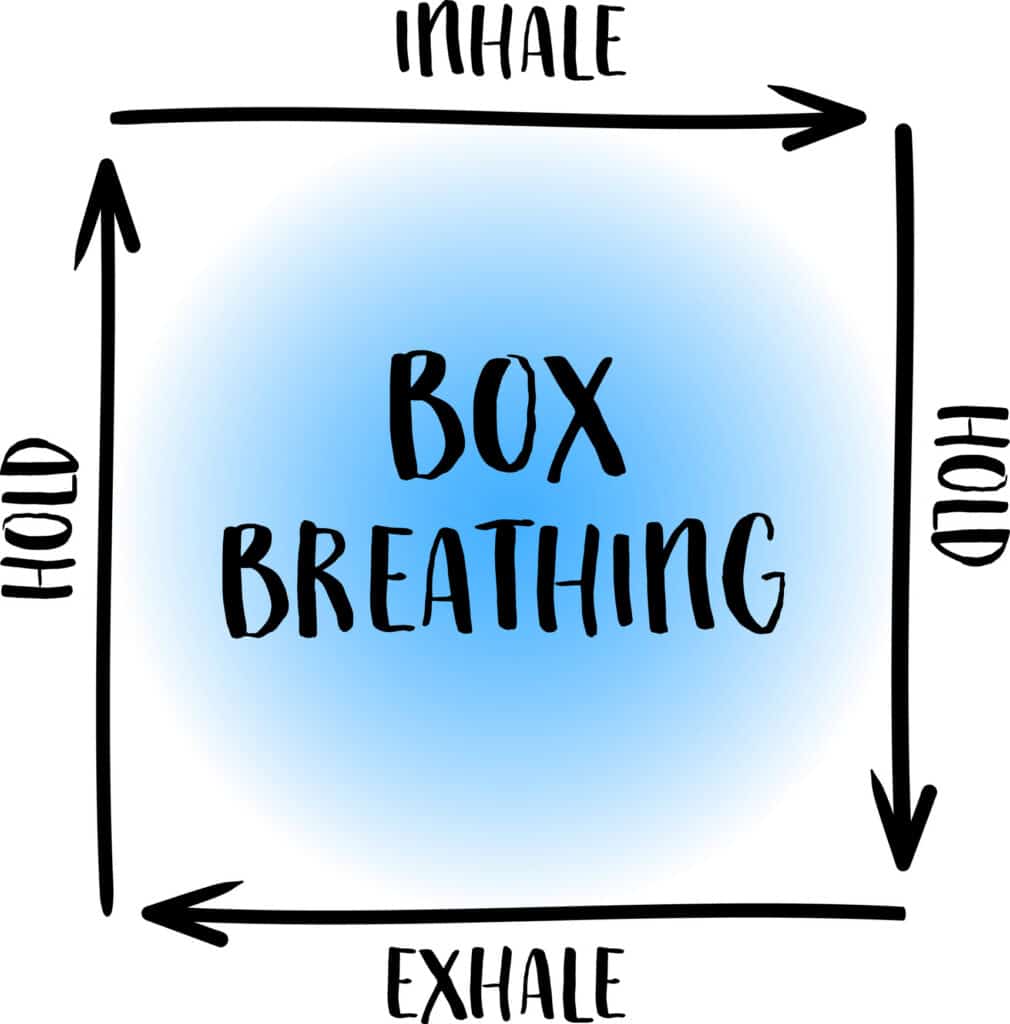Most fitness clients have loosely defined, but well-intended, fitness goals that they hope to reach by working with a personal trainer. These goals are often centered on losing weight, building muscle, increasing energy, or improving daily dietary habits. Even the most concerted efforts to achieve these goals can be derailed by seemingly small actions that, unfortunately, carry a negative impact. Here are five habits that directly threaten the progress of fitness goals.
The Fatal Five
Completely Cardio-Focused. It’s true, a good cardio sweat session torches calories, which is a positive result. However, using cardio as the only mode of exercise – especially when the goal is related to weight loss – will not yield the intended outcome. A cardio-only program will do little to build lean tissue, which is more metabolically active at rest than fat tissue, and also put one at higher risk for injury having neglected the soft tissues and joints that support this constant activity. Adding a weightlifting regimen to the workout plan will not only build that lean tissue, but will increase the client’s metabolic rate and favorably impact body composition. Encourage your clients to lift serious weight and in a progressive fashion.
Skipping Meals. While weight loss does require a caloric deficit (more calories burned than consumed), skipping a meal or snack in hopes of jump-starting weight loss is a huge misconception. The body needs fuel to perform. When the body is starved, the metabolic rate slows and we risk metabolic damage and undercutting fat loss. Over time your body will adapt to the activity, meaning it will burn fewer calories doing the same thing, and require more time to burn even more. Further, eating too few calories will not support your clients’ efforts to get in a good workout. The body simply won’t perform. Take the time to teach your clients about healthy snack food options that will not only leave them satisfied but will fuel them for the next workout.
Neglecting Self-Care. Everyone has their limits. At some point, motivation wanes and desire goes dormant. This happens when clients over train or disregard their trainer’s advice to take a rest day each week. Negating the importance of self-care is a fast track to burnout. As part of a client’s workout program, build in mandatory rest days complete with ideas for self-care and active recovery (light walking, massage, flexibility and range of motion work, self-myofascial release, etc.). Ask that your client report to you how he/she spent the rest day.
Neglecting the Importance of Diet in Weight Loss. While exercise does burn calories and allow for some flexibility in caloric intake, it does not give one a license to eat recklessly and mindlessly. “You can’t out-exercise a bad diet.” A client can engage in activity daily and be fully committed to living an active lifestyle and still not see progress or a change in body composition if his or her diet is not on point. When helping your clients identify specific fitness goals, help them understand the key role a balanced, consistent, and healthy diet plays in achieving those goals.
Not Getting Enough Sleep. Sleep is where the repair work is done inside the body. Averaging four to five hours of sleep a night does not facilitate repair or growth of tissue. A lack of sleep makes the body s-l-o-w and inefficient. Consequently, performance in the gym suffers and clients tend to make convenient, rather than healthy, food choices. Poor sleep also takes a toll on a client’s motivation and commitment to get to the gym and be active.
Clients come to us with habits; it’s our job to coach them toward new habits – habits that support the achievement of their desired fitness goals. Keep an eye on the habits your clients engage in outside of the workout session with you. This is where weekly conversations and motivational interviewing can uncover threats to progress.




